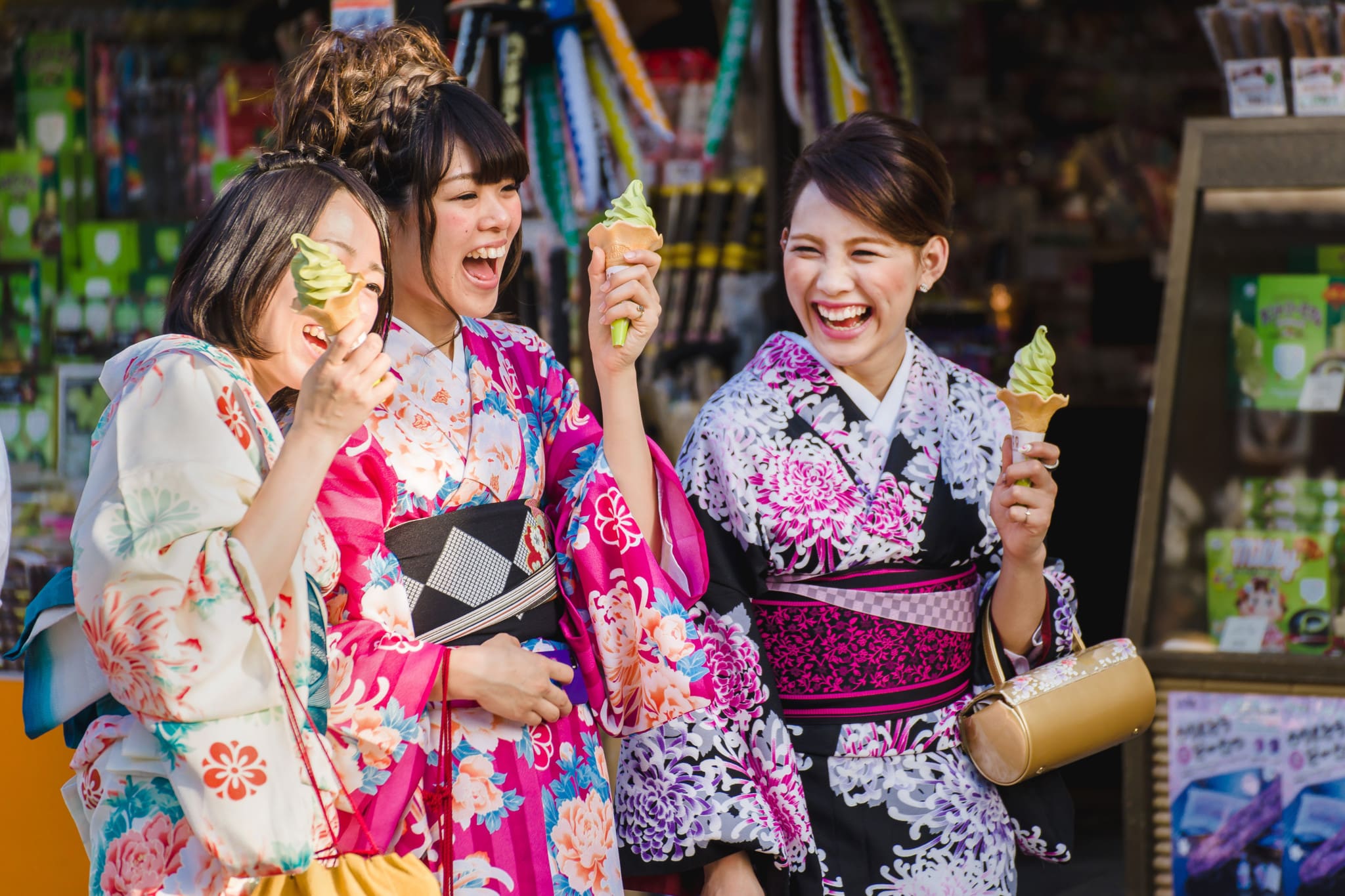Supporters of zero immigration to France, including conservative presidential candidate Éric Zemmour, have praised Japan for its restrictive measures on both migration and asylum.
In a recent speech, Zemmour waxed lyrical about the migration policies of both Denmark and Switzerland, but also highlighted Japan, where there are “about 40” asylum applications accepted per year, a stance that he said Western European countries should be looking to emulate. As the TF1 Info reports, the figure, surprising at first glance, is corroborated by data from the Japanese authorities.
Irrespective of their origin, foreign nationals applying for asylum in Japan most often find themselves facing a brick wall. Asylum status is only granted with extreme parsimony, as evidenced by the figures published by Japan’s Ministry of Justice.
[pp id=26301]
The data shows that since 2010, the number of accepted asylum applications fluctuated between six and 47, with the volume of applications varying from one year to another. Due to the pandemic, 2020 saw the number of requests decrease to almost a third.
The complex asylum procedures in Japan can be lengthy, sometimes taking several years (particularly in the event of an appeal of decisions), and asylum seekers have to manage complicated deadlines as they try to ensure their livelihood while waiting for a verdict without benefiting from specific support from the state.
“Very often, asylum seekers describe the conditions in their countries of origin or the events of which they have been victims, but these situations are not well-known in Japan,” explained Dirk Hebecker, representative of the Office of the United Nations High Commissioner for Refugees (UNHCR) in Japan, to the Al Jazeera news outlet.
He added that persecuted minorities, like the Rohingyas, are not officially recognized. Consequently, the authorities consider that the requests for protection made by these communities’ members are illegitimate.
Japan refuses to change its migration policy
While Japan is undergoing a demographic crisis and its population ages dramatically, the Japanese government refuses to adapt its migration policy. The Japanese people are extremely disapproving of mass immigration. As Remix News previously reported, a tremendous 88 percent of Japanese support the country’s strict border controls. The country has instead decided to instead find ways around the issue of labor shortages through automation, robots, and other efficiencies whereas Western nations are attempting to do the exact opposite by importing hundreds of thousands of immigrants. The Japanese model has worked well for Japan, and the country does not feature the crime, terror attacks, and integration problems seen across the West due to uncontrolled migration and demographic replacement.
[pp id=7381]
The fate of people in irregular situations is also the subject of some criticism, especially after the death of a 33-year-old young woman last summer. Placed in detention after her visa expired, the woman from Sri Lanka had asked to see doctors because of her state of health. Her requests were rejected several times until one day, she was found dead in her cell.
While such tragedies have occurred, Japan has not decided to fundamentally reshape its society as a result, even if the New York Times claims that episode “has sparked a national reflection in Japan, a country with a long historical hostility towards immigration.” As the above poll shows, Japanese see there are problems in the world, and have little desire to bring them to their well-ordered and prosperous island nation.
At the same time, observers point out that Japan is of the largest contributors to the UNHCR in the world, with the country naysayers claiming the country practices “checkbook humanitarianism.” Japanese authorities defend their position and point to integration failures and ongoing migration crises in Europe as problems they have little desire to emulate.






